
OR
#Editorial
Budget for FY 2024/25: Strive for Fiscal Realism
Published On: May 6, 2024 07:30 AM NPT By: Republica | @RepublicaNepal
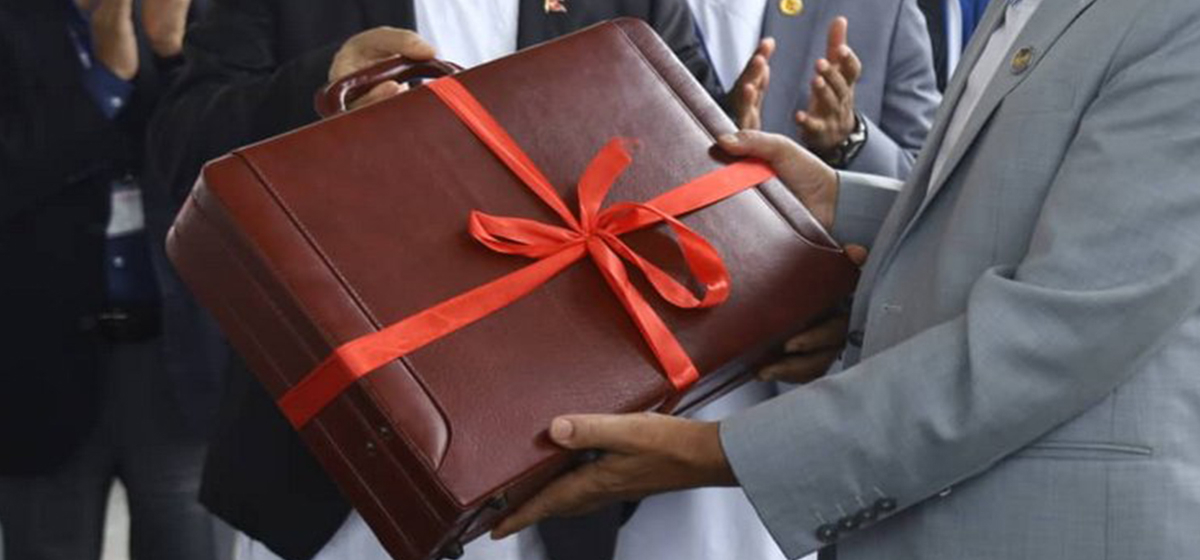
Finance Minister Barshaman Pun's commitment to adhering to the budget ceiling set by the National Planning Commission (NPC) has been commendable. However, the difference seen between his stance and Prime Minister Pushpa Kamal Dahal's inclination towards surpassing the stipulated threshold raises concerns. While Minister Pun emphasized the government's adherence to the prescribed limit of Rs 1.8 trillion, Prime Minister Dahal's proposed budget of Rs 1.9 trillion for the upcoming fiscal year seems to challenge this resolve. Despite the intention to channel funds towards what has been termed a 'people-oriented' budget, the prospect of exceeding the NPC's ceiling could potentially disrupt the country's fiscal equilibrium. It is imperative for the government to avoid breaching the NPC's budgetary ceiling, keeping in view of the difficult situation the country's economy is passing through even today.
The rationale against surpassing the NPC's ceiling is twofold. Firstly, an inflated budget poses risks to the country's economic stability by allocating resources towards potentially unproductive sectors. With the impending announcement of the fiscal year 2024/25 budget on May 28th, the government faces mounting pressure to mitigate unproductive expenditures amidst dwindling financial resources exacerbated by inadequate revenue collection. Furthermore, the prospect of escalating tax rates to meet revenue targets adds to the burden borne by Nepali citizens, who are already among the most heavily taxed in the region. Secondly, surpassing the national revenue with an inflated budget inevitably amplifies the nation's debt burden, compelling the government to seek additional loans either domestically or internationally. Presently, Nepal grapples with a staggering debt burden, standing at Rs 1.2 trillion in domestic loans and Rs 1.2 trillion in foreign loans, already disproportionate to its revenue. Therefore, exercising prudence in budgetary allocation is paramount for the government.
The fact that exorbitant budget size could aggravate the issues of violation of fiscal discipline can not be underestimated. At a time when the government is already under scrutiny over this issue, Prime Minister Dahal appears to have fallen into pressure from his own ranks and files in the party to inflate the size of budget to appease his party cadres. As the existing government mechanism already suffers from slow spending capacity and the troubling tendency of making the last hour expenditure and budget transfer in the name of spending the earmarked budget, the preparation to inflate the budget does not in any way serve the overall fiscal interests of the country.
As a matter of fact, the government initially allocated a budget of Rs 1.751 trillion in the current FY 2023/24, subsequently reducing it by 12.62 percent to Rs 1.530 trillion through a mid-term review due to sluggish revenue collection. With only 55.43 percent of the revenue collection target achieved thus far, standing at Rs 788.47 billion against the set target of Rs 1.422 trillion, the burgeoning public debt has surged to Rs 2.388 trillion by mid-March. Despite this, the government's apparent reluctance to curtail unproductive expenditures remains disconcerting. Given the absence of significant economic recovery and optimistic revenue projections for the upcoming fiscal year, adopting a pragmatic approach to budgeting that respects the NPC's guidelines is imperative. We urge the government to exercise prudence in budgetary allocations, refraining from breaching the NPC's prescribed ceiling to ensure fiscal stability and alleviate the burden on Nepali citizens.
You May Like This
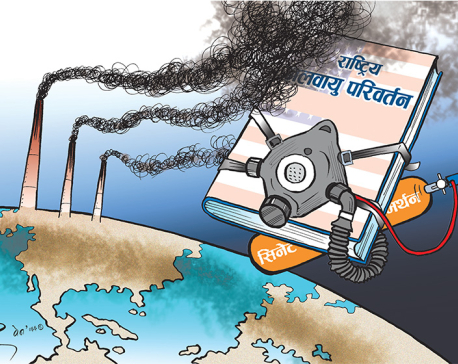
Climate change finds no mention in 16th Periodic Plan despite urgent concerns
KATHMANDU, Oct 1: Despite the pressing global challenge of climate change and its severe implications for Nepal, the recently released... Read More...
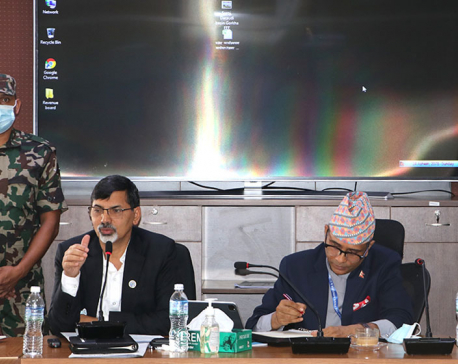
Public construction works will be carried out in two shifts from now onward: Janardan Sharma
KATHMANDU, Oct 10: In the course of discussing the implementation of the budget with various agencies, the Ministry of Finance... Read More...

Govt to spend Rs 9.96 trillion in next five years
KATHMANDU, April 10: The National Planning Commission (NPC) has projected a total of Rs 9.96 trillion of public spending in... Read More...

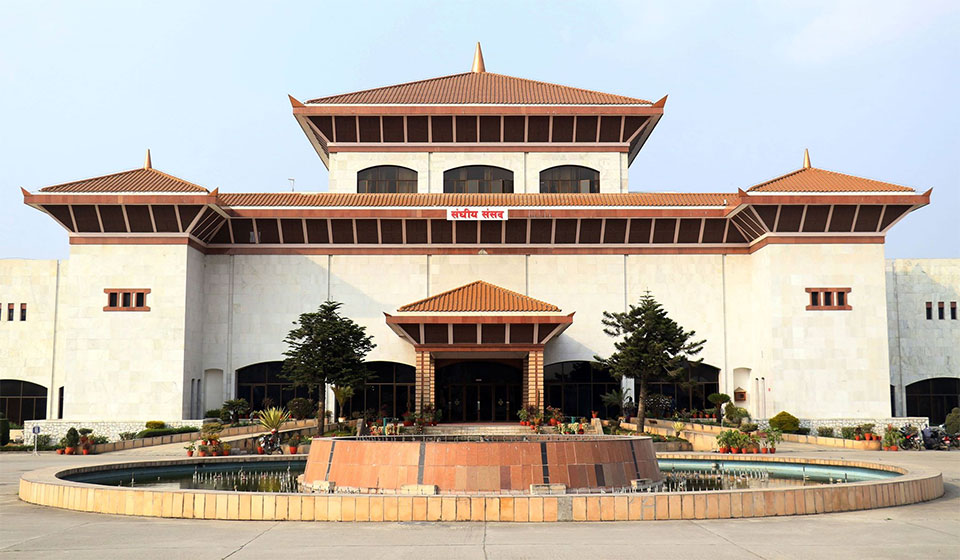


Just In
- Nepali man fighting alongside Russian army in Ukraine: "They are killing me, save me!"
- Parties agree to form parliamentary probe committee to investigate cooperative fraud case
- Foreign investment commitments reach Rs 53 billion in 10 months, Rs 2.15 billion approved via automated system
- Prithvi Highway Expansion: Deadline extended by five months on eastern section from Jamun to Ambukhaireni
- Nepal’s outbound spending surpasses inbound revenue
- Cricketer Lamichhane gears up preparation for T20 World Cup
- Japan's parliament passes bill to allow joint custody for divorced parents
- 372 drug peddlers arrested in Jhapa in 10 months



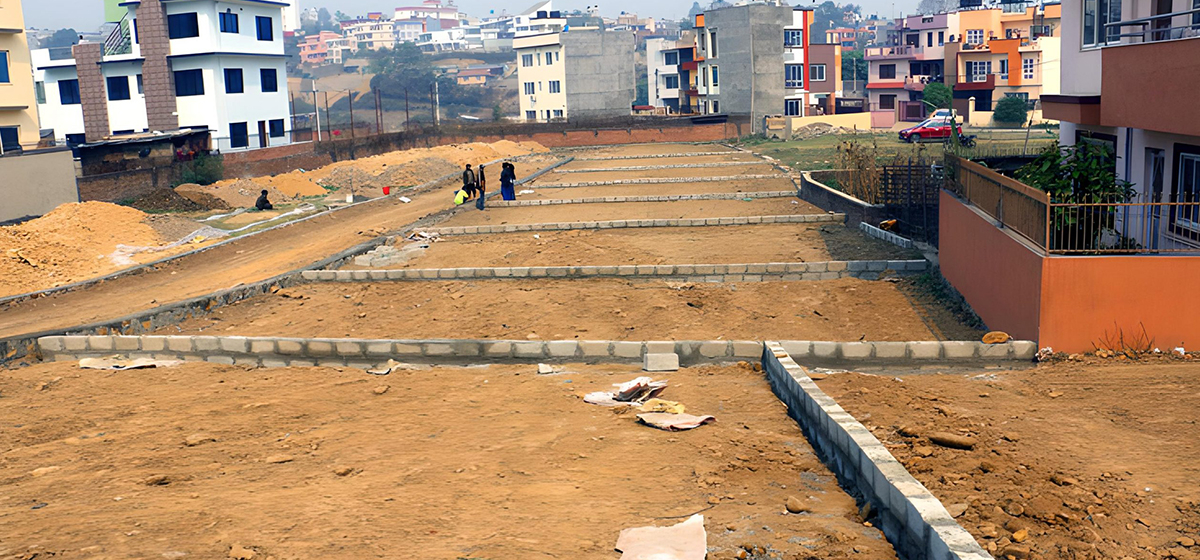


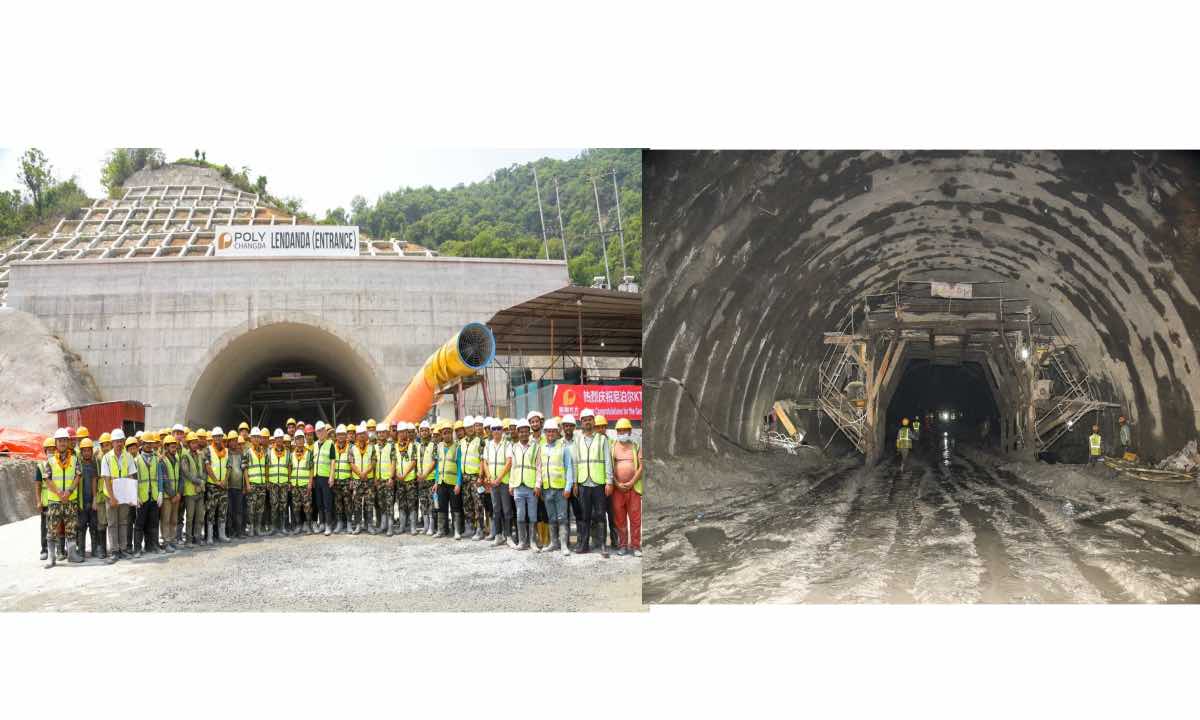





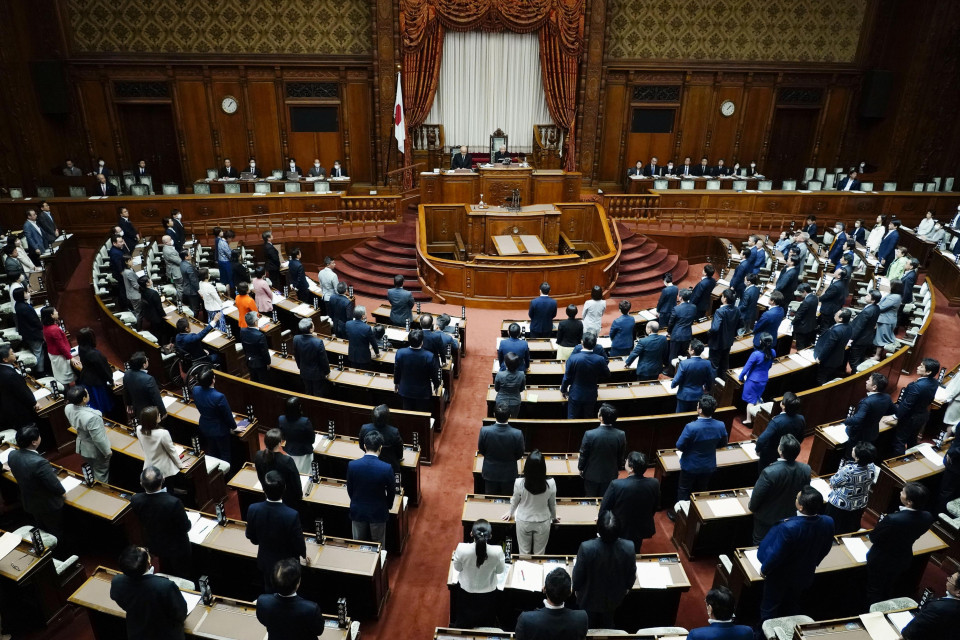

Leave A Comment